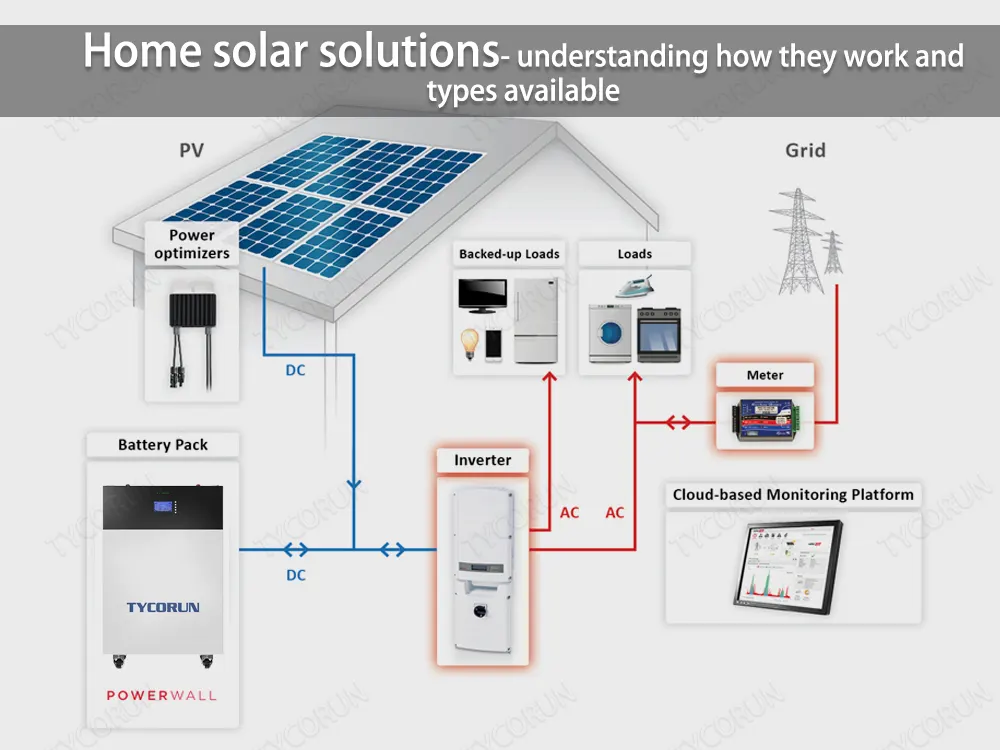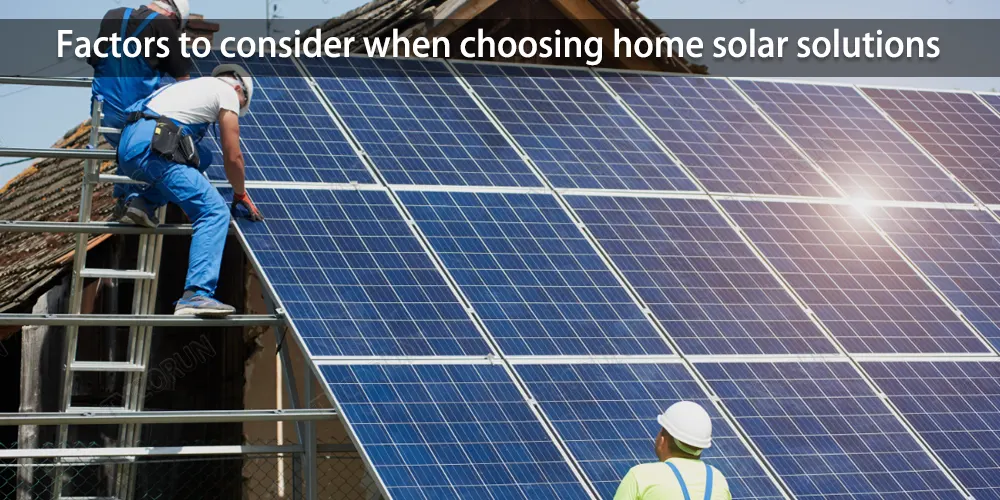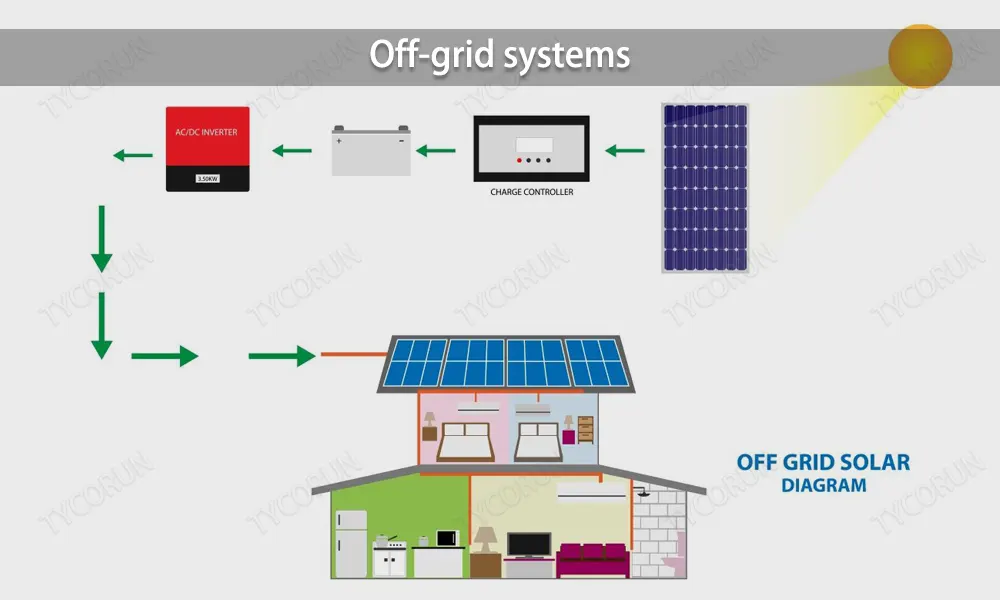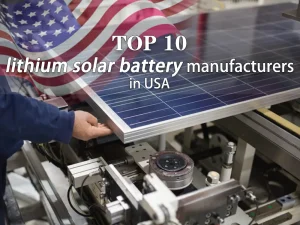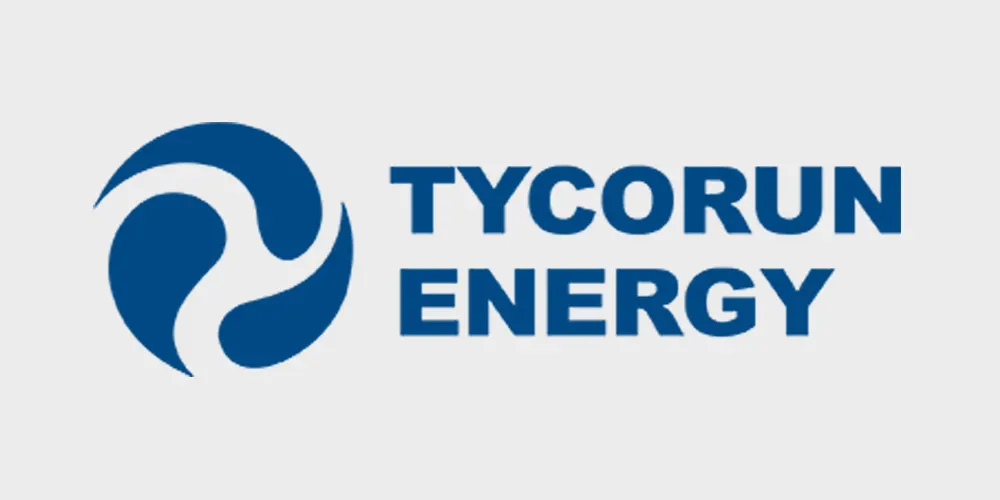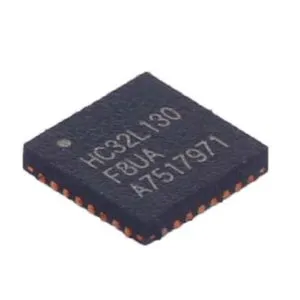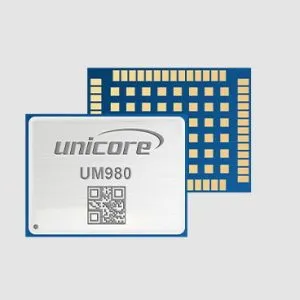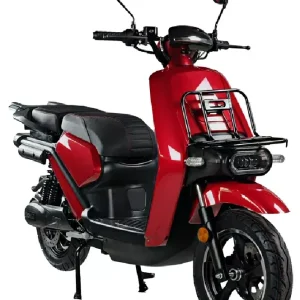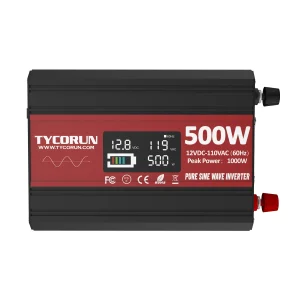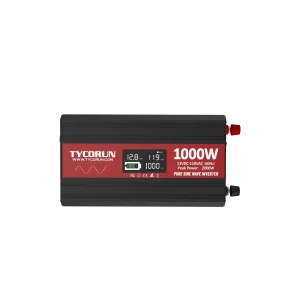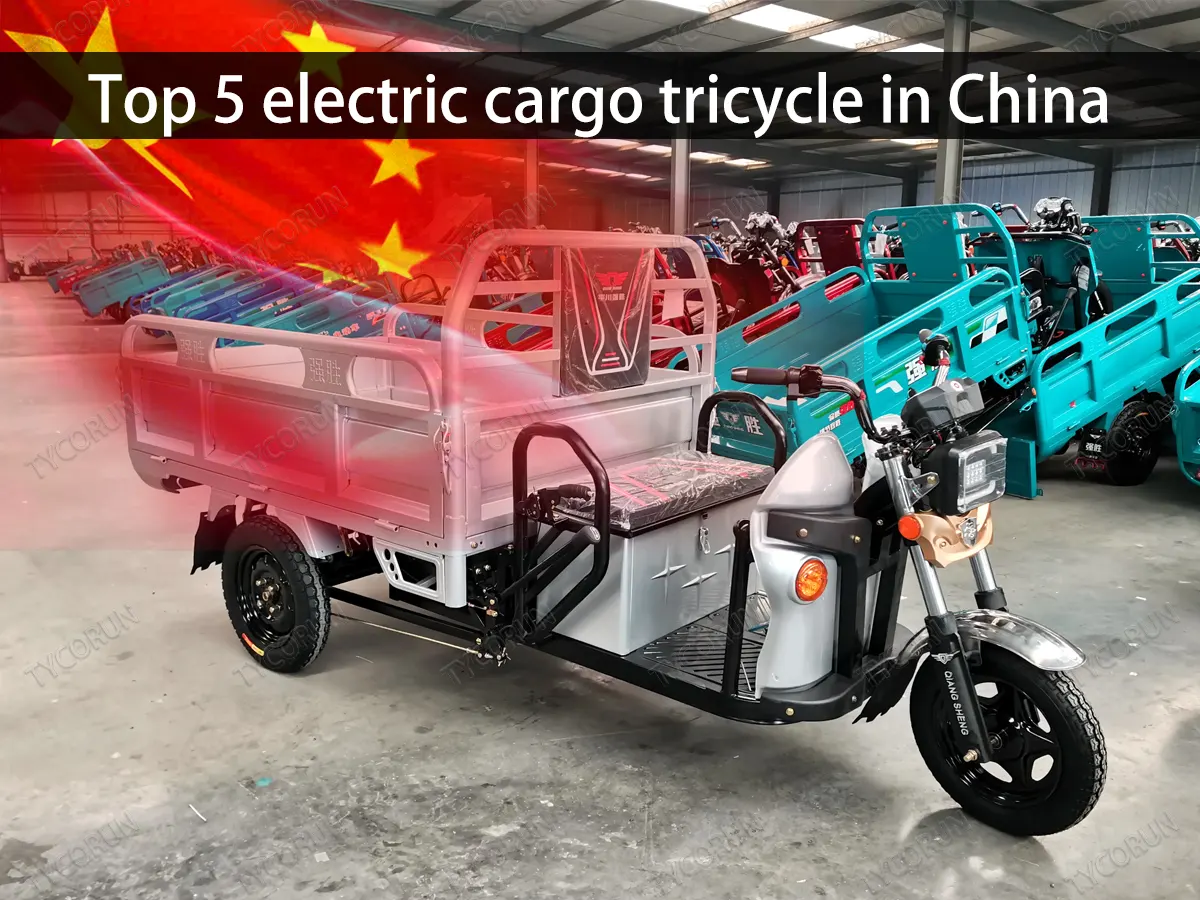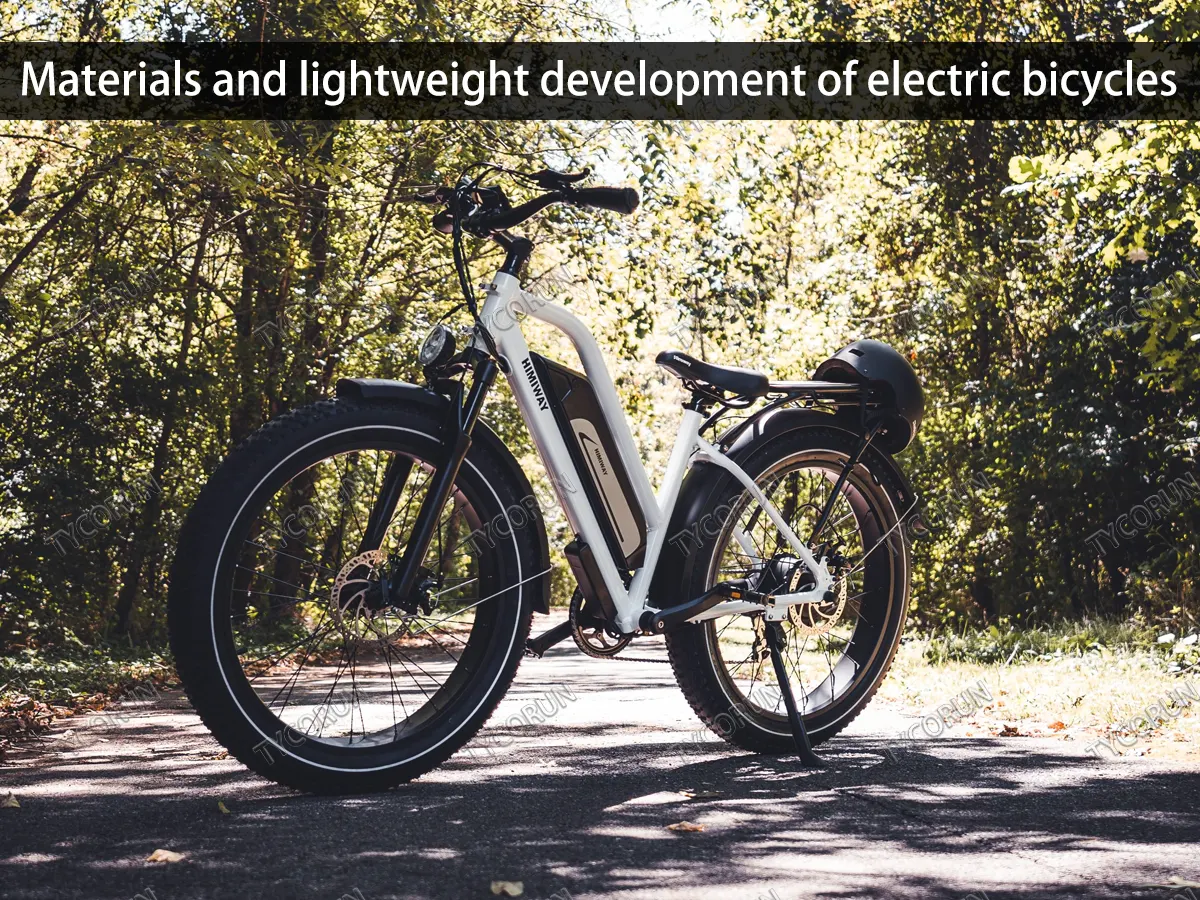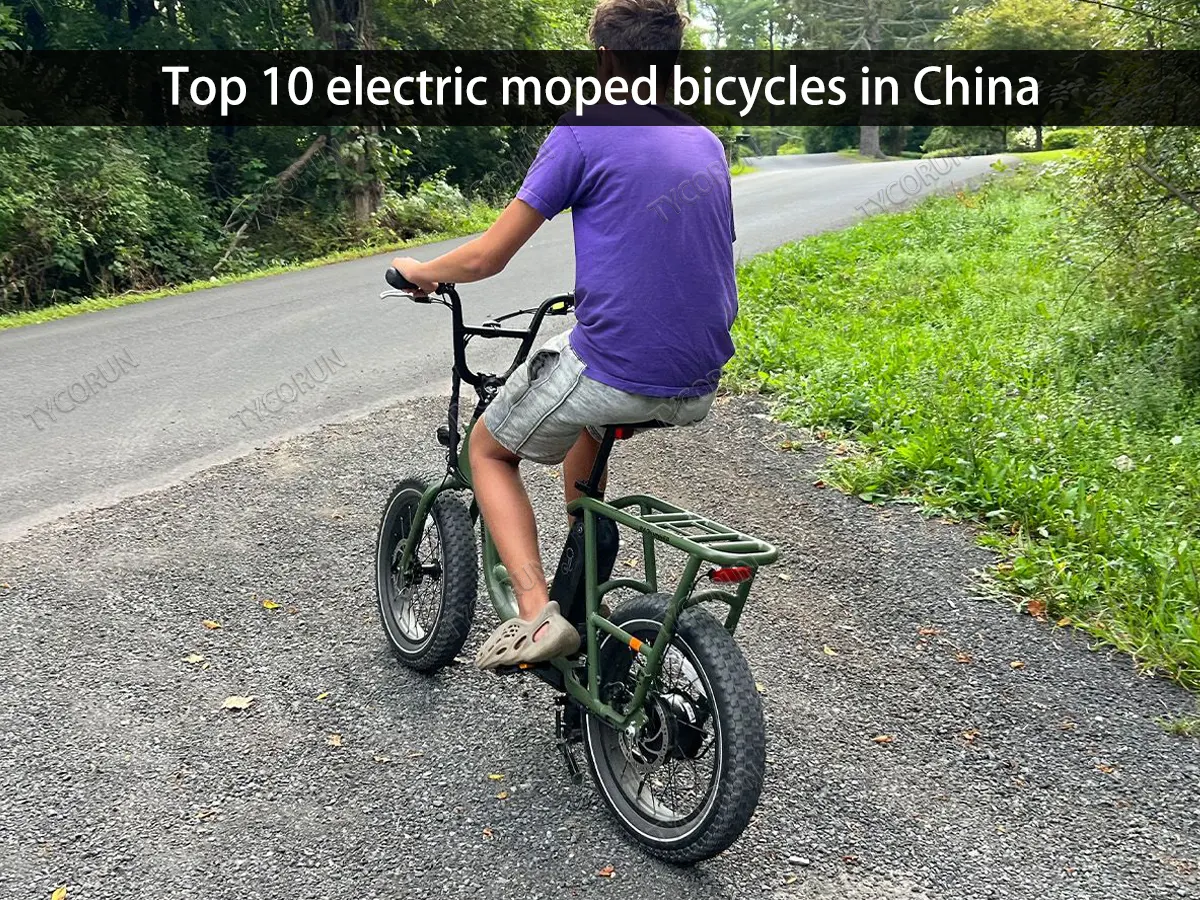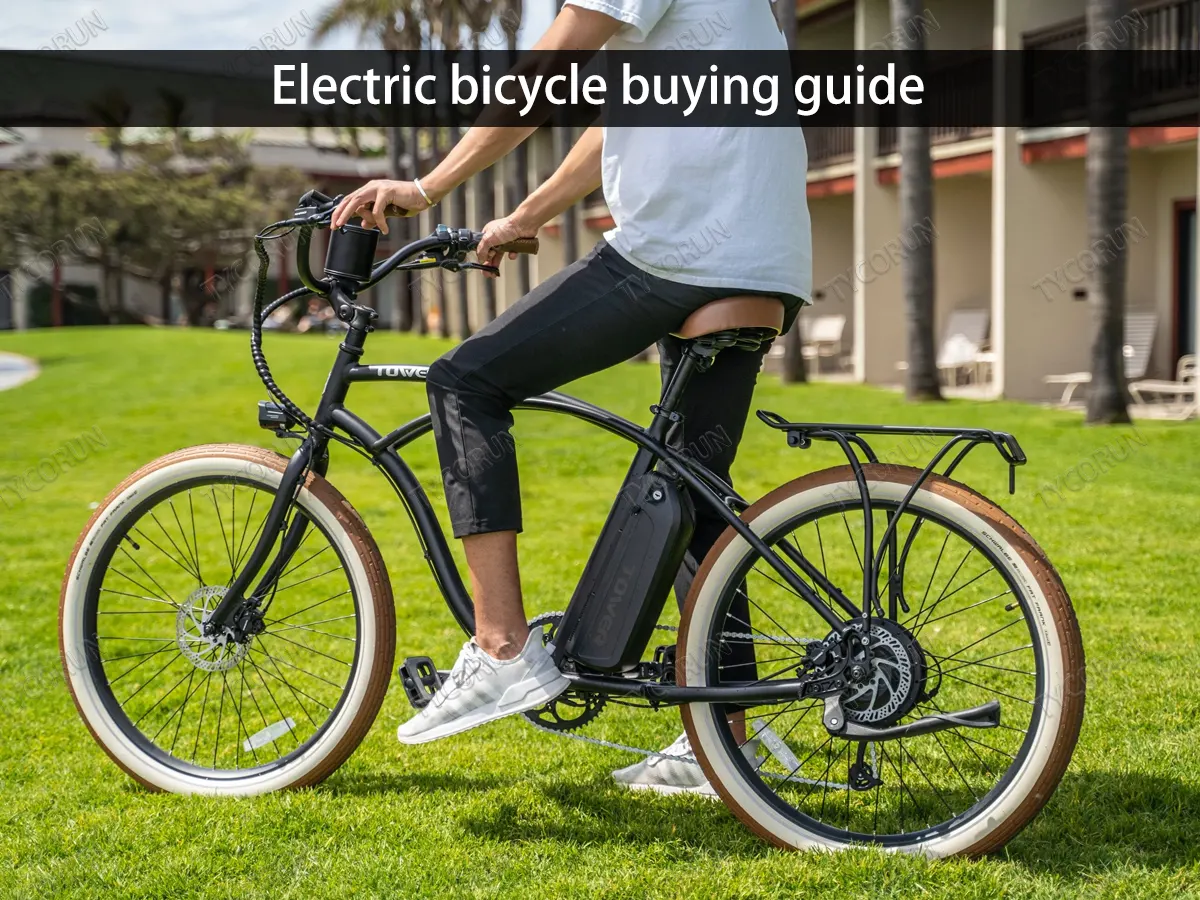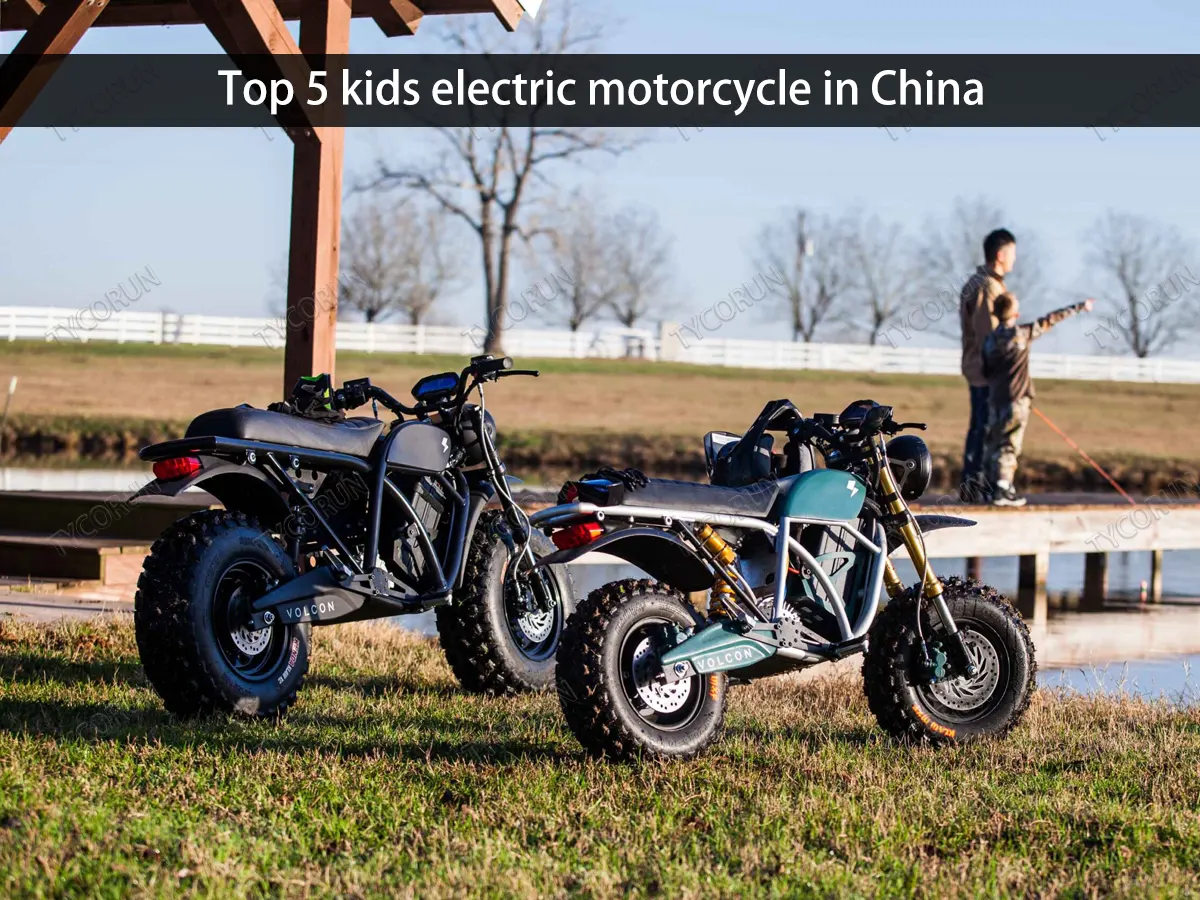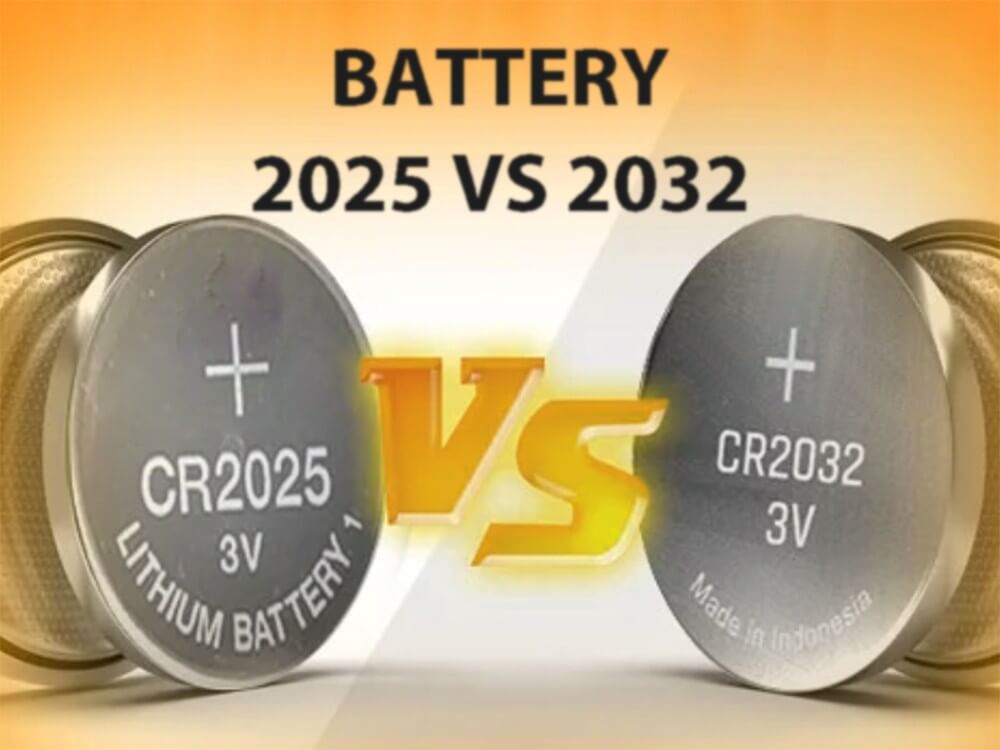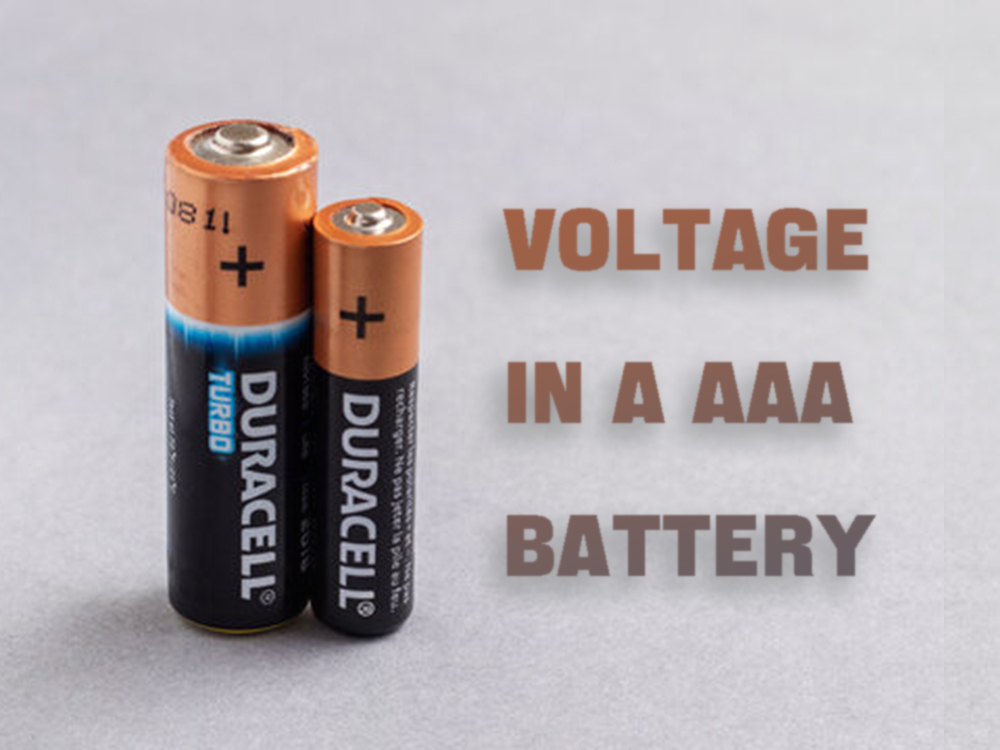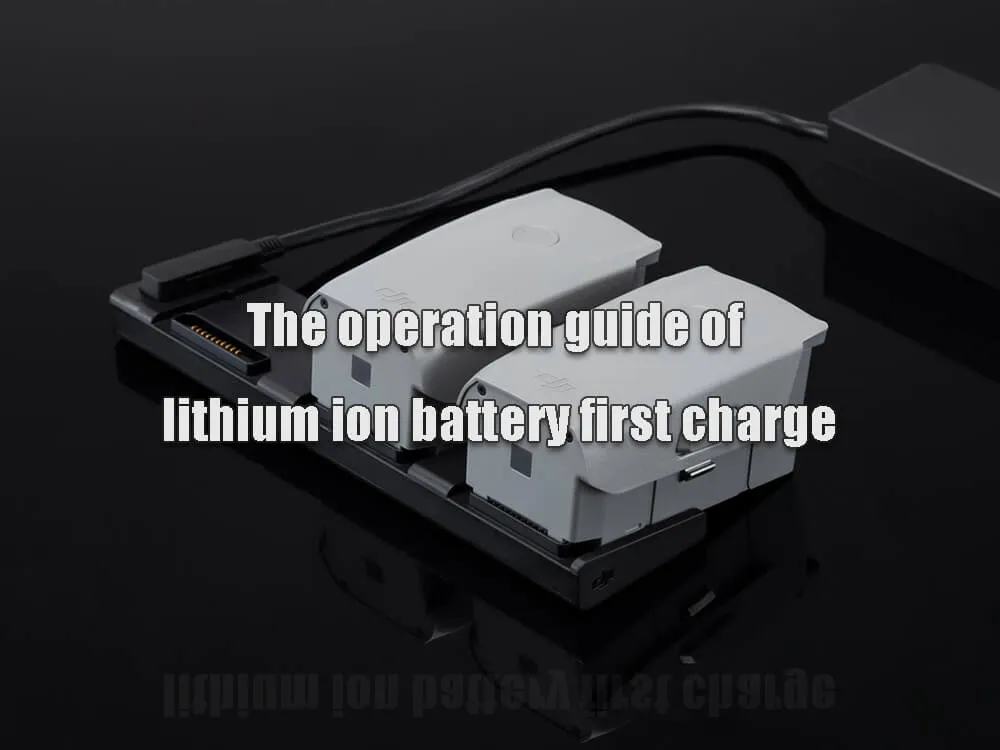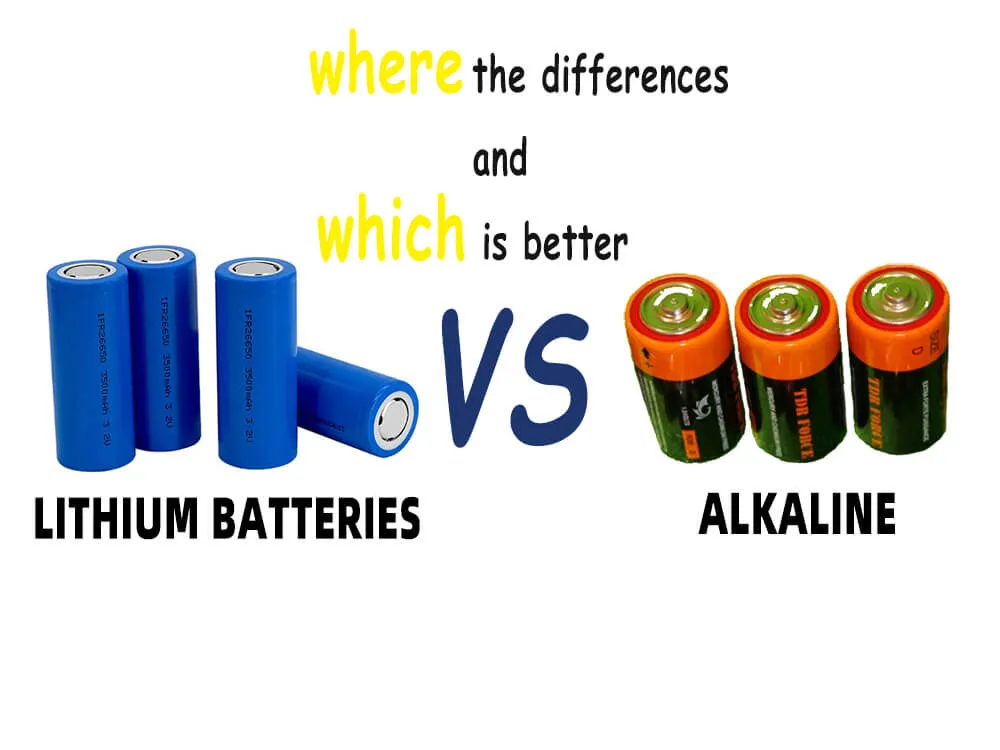Home » Solar Power System » Home solar solutions – understanding how they work and types available
Home solar solutions - understanding how they work and types available
Due to its economics and environmental friendliness, home solar solutions are becoming more popular as energy storage solutions.
In order to reduce their carbon footprint, more people are choosing to employ photovoltaic cells to collect solar energy. These systems convert sunlight into usable energy for homes and reduce the amount of their energy bill.
A detailed knowledge of home solar solutions and the available types can help homeowners choose the right one when integrating solar system into their homes. In this article, you will find a detailed guide on installing and maintaining home solar solutions.
Also, we will discuss how home solar solutions work, how to choose a provider, and its installation and maintenance.
What are home solar solutions?
Home solar solutions are nothing more than installing solar panels and energy storage systems. It is an innovative and ecological method to powerhome by placing solar panels on roof.
The solution is ideal for those who want to guarantee a reduction in their energy bills, become less reliant on the power grid, and still contribute to the environment while also increasing their property’s overall value.

Home solar solutions can help power appliances, RVs, or backup systems. This technology allows you to efficiently collect and store energy for future use.
So you may want to take a closer look at home solar solutions if aspects like savings on the electricity bill, property valuation, and low environmental impact are essential to you.
Brief explanation of how home solar solutions work
It is important to know the home solar system’s basic components (i.e., the Solar panels, Inverter, Electrical panel, and Power meter) to explain how it works. When the sun shines, solar panels collect photons from sunlight, which are nothing more than tiny packets of energy from UV rays, and then convert them into electrical currents.
In summary, the panel employs a photovoltaic system, which is a technology that absorbs and retains sunlight rays. Solar cells made of silicon semiconductors collect photons and transform their movement into electrical energy in the form of direct current (DC) in these panels.
The inverter is used to convert direct current (DC) energy received by solar panels into alternating current (AC) energy. This transformed energy is subsequently distributed throughout your home by the electrical panel or supply box.
Finally, if you have a system linked to the grid, the power meter now calculates both your usage and the amount of electricity you return to the grid.
Why choose solar solutions for your home?
There are numerous advantages to using solar solutions for home, including:
● Reducing power costs since you are producing your own clean energy from the sun
● Lessening reliance on the grid to become more energy self-sufficient and protect yourself from escalating energy prices
● Increasing home value by adding a desirable and long-lasting feature to property
● Decarbonize the planet, as it does not emit any polluting gas, which reduces carbon imprint and protects the environment by avoiding the use of fossil fuels that causes pollution and weather shift
● Enjoying long performance warranties and low maintenance costs for solar system
Common home solar energy storage products
● Tesla Powerwall: The Tesla Powerwall is an integrated battery system that can store up to 13.5 kWh of solar electricity and offer backup power during blackouts or power outages.
● Generac PWRcell: This scalable battery solution can offer backup power and solar energy storage capacity of up to 36 kWh. It can also work indoors or outdoors with new or existing solar installations.
● Panasonic EverVolt: This flexible battery system can store up to 34.2 kWh of solar electricity and offer backup power. Additionally, it is adaptable to common inverter type and solar panel manufacturer, and it may be put either indoors or outdoors.
● LG Energy Solution Home Battery: This compact battery system can store up to 9.8 kWh of solar energy and provide backup power. It can also work with common solar panel brand and inverter type and be installed indoors or outdoors.
● TYCORUN ENERGY Powerwall: The 51.2v 200ah Powerwall from TYCORUN ENERGY is the ideal solution for your power storage needs. The battery of powerwall is built to fulfill the highest quality and dependability criteria, making it ideal for solar power systems.
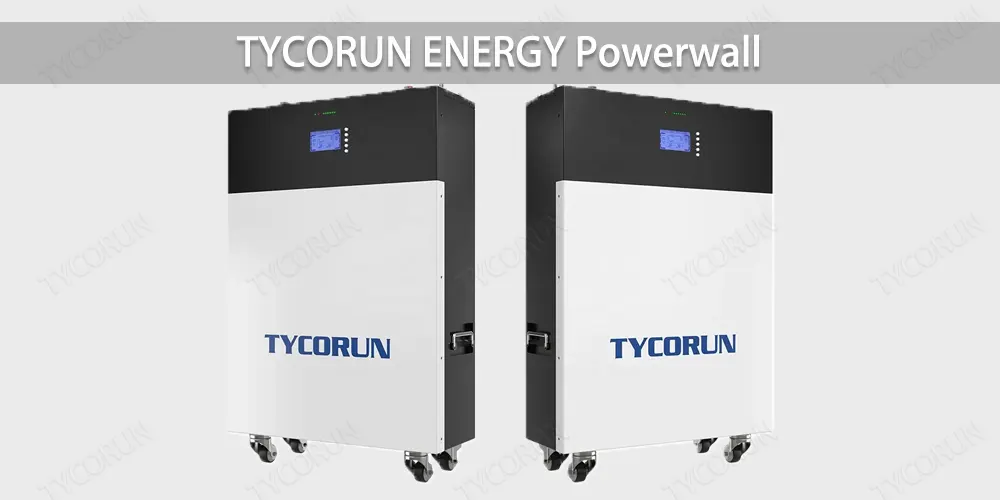
With A-grade lithium iron phosphate battery stability, you can be confident that you will have the power when you need it. In addition, TYCORUN ENERGY Powerwall is compatible with almost all inverter brands.
What are the costs associated with home solar solutions?
In order to understand the costs associated with home solar solutions, you need to know the cost of acquiring and installing them.
The initial cost of adopting home solar systems ranges from $3000 to $7000, depending on criteria such as brand and efficiency. If you require additional details, top 10 solar battery manufacturers in China might help.
Before any tax credits or incentives, the average cost of home solar solutions, including installation, can be between $10,000 and $30,000 in relation to how it is measured in cost per watt or square foot. local authorities and electrical providers may need to consent, and you may also need to pay for permits and inspections.
How do you choose a home solar solution provider?
● Do some online research: Check through the websites of several solar providers and compare their offerings in terms of goods, services, costs, feedback, and reviews. You can also utilize internet tools and maps to determine the property’s solar potential and obtain estimates of system size, cost, and savings.
● Ask for referrals: Request suggestions and opinions from friends, family, neighbors, or coworkers who have switched to solar power. For a list of certified solar installers in your region, you may also get in touch with local utility company or state energy office.
● Get multiple quotes: You can speak with at least three solar companies to get prices and site evaluations. And then compare their bids in terms of system size, performance, warranty, time required for installation, available financing choices, and incentives.
Factors to consider when choosing home solar solutions
Energy Needs
Energy requirements should be one of the first considerations when selecting residential solar solutions. You’ll easily fetch this out if you can determine how much electricity you use per month or year on average.
Also, consider how much electricity you want to offset with solar energy. Ticking all these boxes will help you determine the size and capacity of home solar solutions for your demands.
You may look at the previous power bills, use an internet calculator, or speak with a professional solar installer who can analyze your site and create a plan based on your energy use and objectives. Then you can find custom lithium battery manufacturers to meet your need.
Available Roof Space
When considering home solar solutions option, the space open for installation on roof is another thing to consider. Determine the proper direction, tilt, and shading of roof as well since these elements will impact the quantity and quality of sunlight that the solar panels can catch and convert into power.
You can measure or estimate the area of roof that is clear of any impediments like chimneys, pipes, skylights, or trees in order to determine how much open roof space you have. A big, south-facing roof with minimal to no shadowing is ideal for maximizing solar output.
Types of home solar solutions
On grid systems
On grid systems also referred to as On-grid systems, are the most prevalent and well-liked kind of home solar solutions. They consist of utility-connected solar panels and an inverter that converts the direct current (DC) electricity generated by the panels into alternating current (AC) electricity that your appliances can use.
On grid systems’ key benefit is that you may use solar and grid power based on what you need and prefer at the time.
Depending on your area, you may sell any unused solar energy back to the grid in exchange for credits or money via feed-in tariffs or net metering schemes. Doing so may lower or do away with your power expenses and improve your return on investment.
On grid systems are best suited for homeowners who want to save money on energy costs, take advantage of incentives and financing options, and have a reliable grid connection.
Off-grid systems
Off-grid systems depend on batteries or generators to store energy and provide electricity when the sun isn’t shining. They are independent and do not link to the electrical grid. They are made composed of solar panels, an inverter, a charge controller, a bank of batteries, and occasionally an emergency generator.
Off-grid solutions’ key benefit is that they provide more security and independence. You won’t have to worry about paying electricity bills or dealing with grid breakdowns or power outages. You can also use your solar energy in remote locations where extending a power line is too expensive or impractical.
This system’s main turn-off is that it is more expensive and complex to install and maintain than on grid systems. Suppose you are a homeowner who wants control and independence, and safety.
This system is the best option if you live in remote areas with no or poor grid connection since it lets you handle your energy supply and has high environmental values.
Hybrid systems
Here the two models (on grid and off-grid systems) are combined. It consists of solar panels connected to the electrical grid but also allows the storage of excess production in batteries. Depending on the situation, they also have an inverter that can switch between grid and battery modes.
Installation and maintenance of home solar solutions
Hiring a Professional Installer
The best and easiest way to install home solar solutions is to hire a professional installer who can handle everything from design to installation to interconnection.
A qualified installer can help you select the ideal solar system for specific house in size and type, secure the required licenses and permissions, install the solar panels and other components safely and correctly, and connect system to the utility grid or a battery bank.
In the long run, hiring a professional installer may save time, frustration, and money since they can ensure the system is installed correctly and complies with all regulations. They may also provide after-sales services, warranties, and guarantees to help you feel secure about your purchase and preserve your investment.
Doing It Yourself (DIY)
DIY installation of home solar solutions is an additional option, but it is ideal for homeowners who are competent, equipped, and self-assured enough to install their solar system. Additionally, DIY installation might enable you to personalize the system to your preferences while saving some money on labor charges.
DIY can be risky, so make sure you have the necessary skills, education, tools, and permits if you decide to perform the installation yourself. Additionally, you should carefully follow the manufacturer’s instructions and seek the advice of an electrician or a solar specialist if you run into any difficulties.
Maintenance Requirements
Once your home solar solutions installation is complete, you must maintain it correctly to guarantee that it performs and works at its highest efficiency level. Fortunately, solar panels require relatively little maintenance because they have no moving components and are made to resist extreme weather.
The first action you should take is to routinely clean solar panels to remove any dirt, dust, leaves, or other material that might obstruct the sun’s rays and lower power production.
Additionally, it would help if you frequently inspected panels for any flaws that can impair their performance or safety. You should contact the installer or manufacturer for replacement or repair if you discover any damage to panels or other components.
Conclusion
Using clean, renewable energy to power your house is made possible by home solar energy systems.
Home solar solutions come in various forms, each with its benefits and drawbacks, and choosing one suitable for you is not a simple task, but it can be rewarding if you do it right.
Before deciding on the ideal home solar system for you, you should consider the energy demands, the space on roof that is available, budget, location, andtastes.


